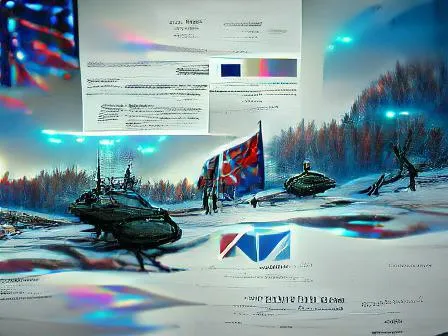Table of Contents
As the war in Ukraine rages on, unseen but related battles occur daily across the globe. These confrontations stem from pro-Russian hacktivist groups targeting countries that support Ukraine, likely with support from the Kremlin. These hacktivists have been targeting a wide swath of industries and sectors, including aviation, energy, financial, government and public safety, technology, media and telecommunications sectors.
Hacktivism is the combination of hacking (unauthorized access to or control over computer network security systems for some illicit purpose) and political activism. Because of this, hacktivists have social and political agendas as opposed to hackers who commit cyber crimes for profit and often times infamy. It should be noted that many pro-Russian hacktivists are also likely to be hackers responsible for attacks across enterprises and governments.
Due to the very nature of state-sponsored cyber attacks, there is limited conclusive evidence that the Kremlin is directing or supporting the aforementioned hacktivism. Although the link likely exists and state-sponsored hacking is nothing new, the Kremlin will be sure to distance itself from any malign activity so as not to risk breaching NATOs Collective Defence treaty, Article 5. In any case, companies, enterprises and governments should limit their attack surface, ensure that software patching is conducted routinely and invest in increased threat detection capabilities in the face of Russian cyber aggression.









